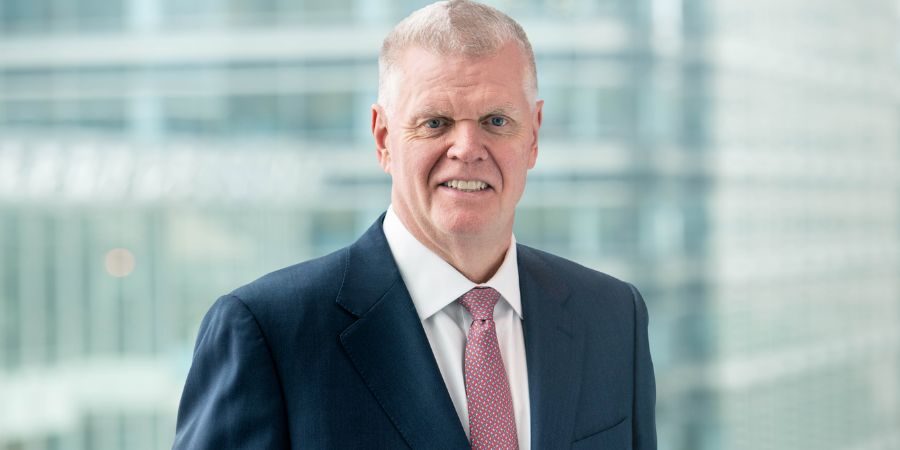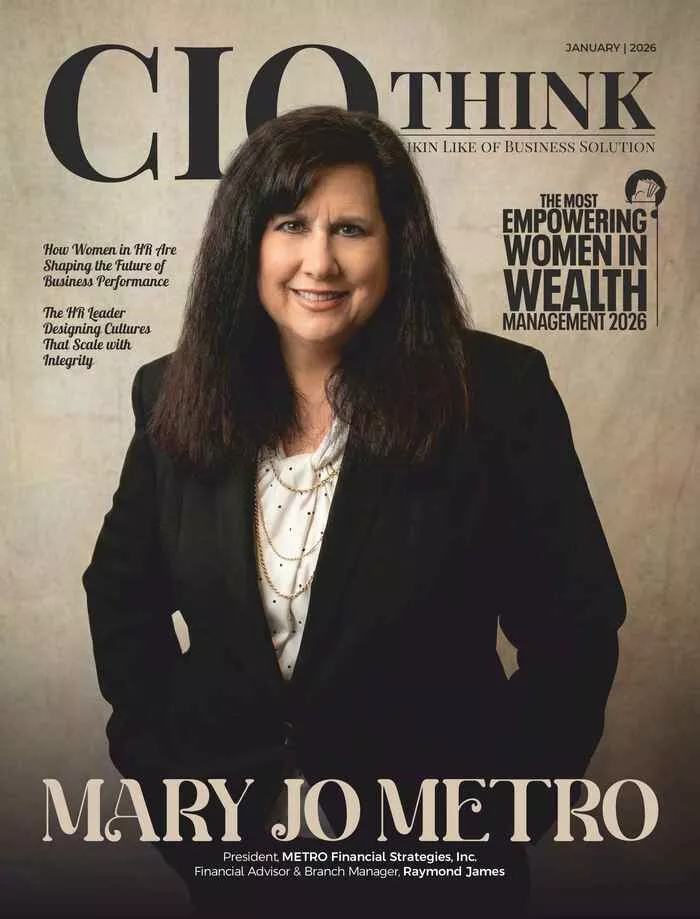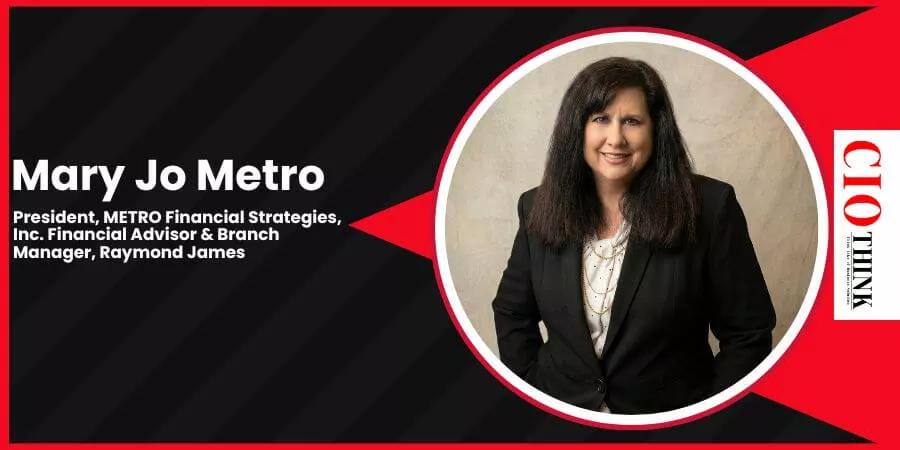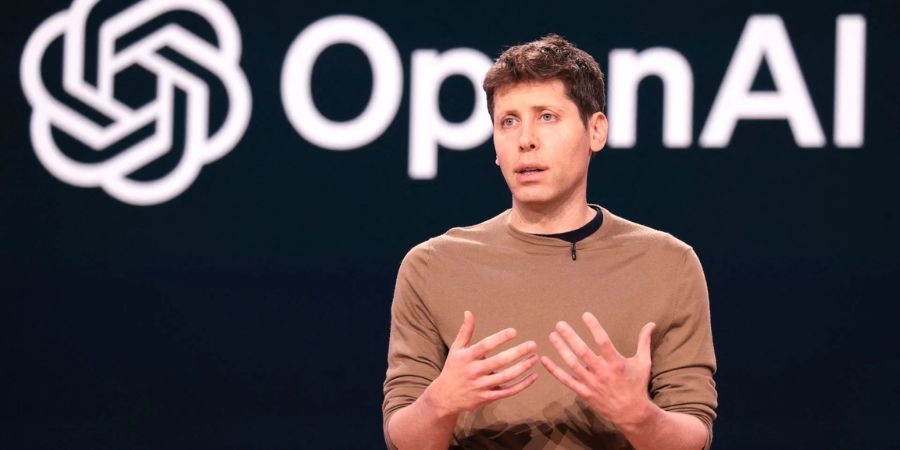HSBC’s group chief executive, Noel Quinn, is hanging up his executive hat after nearly half a decade at the helm. Europe’s biggest bank is now on the lookout for a fresh face to fill the 62-year-old Mr. Quinn’s shoes, who promises to keep the executive chair warm until his successor arrives. HSBC is keeping its options open, scouting talent from both inside and outside the company.
The news comes just as the UK-based money giant reported a slight hiccup in profits, with a 1.8% dip for the first quarter of 2024 compared to last year’s figures.
Despite the downturn, the bank still managed to pull in a pre-tax profit of $12.7bn (£10bn), slightly outperforming the whispers of market analysts.
“After a marathon five years, it’s time for me to find a better seesaw balance between personal pleasures and professional pressures,” Mr. Quinn shared.
A veteran of 37 years at HSBC, Mr. Quinn initially took the reins on an interim basis in 2019 after his predecessor, John Flint, made a swift exit. By March 2020, he was steering the ship as the official captain.
“[Mr. Quinn] has been the mastermind behind our transformation strategy, steering us towards a simpler, streamlined business model that yields juicier returns,” praised HSBC’s chairman, Mark Tucker.
In tandem with the quarterly earnings, HSBC announced a modest treat for its investors—a $0.10 per share interim payout and plans to buy back up to $3bn of its shares.
Adding to the mix, HSBC recently waved goodbye to its operations in Canada and is gearing up to do the same in Argentina, as part of its strategy to zoom in on the bustling markets of Asia.
Shanti Kelemen, chief investment officer at M&G Wealth, commented on the BBC’s Today programme that it “has probably been an incredibly intense half-decade” for Mr. Quinn, noting his lengthy and impactful career.
During his tenure, Mr. Quinn reshaped the banking landscape by exiting some markets, like Canada and Argentina, and ramping up operations in Asia.
“What he’s done will echo through the halls of HSBC, shaping its success path for years to come,” she concluded.







